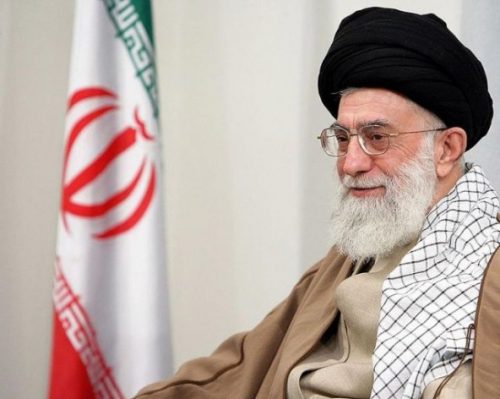The Middle East was jolted on Monday night by a series of Iranian missile strikes targeting US military installations in Qatar, marking a significant escalation in tensions following recent American airstrikes on Iranian nuclear facilities. The primary target was the Al Udeid Air Base, the largest US military presence in the Middle East and a strategically vital hub for American operations in the region. Located southwest of Doha, the base was reportedly struck by multiple missiles, causing widespread alarm and triggering immediate security responses from both Qatari and American authorities. The attack, audaciously codenamed “Annunciation of Victory” by Iranian media, underscored a dramatic ratcheting up of the conflict, transforming simmering tensions into open military confrontation.
The nighttime attack was punctuated by the chilling visuals of projectiles streaking across the sky above Doha and Lusail, witnessed by numerous eyewitnesses and captured by international news agencies. Explosions reverberated across the Qatari capital, adding to the sense of urgency and fear. As a precautionary measure, Qatari authorities swiftly closed the country’s airspace, grounding flights and further amplifying the gravity of the situation. The attack unfolded rapidly, leaving residents and international observers scrambling to understand the unfolding events and their potential ramifications for regional stability.
Iranian state television, a mouthpiece for the government, proudly broadcast footage of the missile launch, framing it as a justified and proportionate response to perceived American aggression. Official statements from the Iranian military reinforced this narrative, describing the strike as “devastating and powerful,” mirroring the language used to characterize the earlier US attacks on Iranian nuclear facilities. Iran’s Supreme National Security Council sought to delineate the scope and intent of the operation, emphasizing that the targeted base was deliberately chosen to minimize civilian casualties and that the action was not directed against Qatar, a nation Iran considers a “friendly and brotherly” neighbor. This careful messaging aimed to portray the attack as a measured military response, rather than an indiscriminate act of aggression.
Beyond the immediate target in Qatar, the “Annunciation of Victory” operation reportedly encompassed broader military actions against American interests in the region, including strikes on US military sites in Iraq. This multi-pronged offensive, confirmed by security sources, highlighted Iran’s willingness to expand the theater of conflict and directly challenge American military presence across multiple fronts. The coordinated strikes served as a clear signal of Iran’s resolve to retaliate against what it perceived as unjustified US attacks on its sovereign territory and strategic interests.
The ripple effects of the Iranian missile strikes quickly spread across the Gulf region, prompting heightened security alerts and precautionary measures in neighboring countries. Bahrain, home to the US Navy’s Fifth Fleet, a critical component of American naval power projection in the region, issued a public alert urging citizens to seek safety and remain vigilant. The US Embassy in Doha, along with other Western diplomatic missions, issued shelter-in-place advisories to their citizens, reflecting the heightened security concerns and the potential for further escalation. These regional responses underscored the widespread anxiety triggered by the Iranian strikes and the potential for the conflict to destabilize the already volatile Gulf region.
Qatar, caught in the crossfire of the escalating US-Iran conflict, responded with a measured yet firm statement acknowledging the attack and reserving the right to respond in accordance with international law. This carefully worded response reflects Qatar’s delicate balancing act: maintaining its relationship with the US while navigating the complexities of its regional ties with Iran. The incident placed Qatar in a precarious position, forced to address a direct attack on its territory while striving to avoid further inflaming tensions and becoming embroiled in a larger conflict. The attack served as a stark reminder of the volatile geopolitical landscape in the Middle East and the precarious position of nations caught in the power struggle between major international actors.


